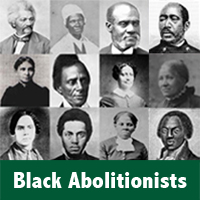While the state of Rhode Island legally abolished slavery in 1652, it wasn’t until 1784 — after mounting public pressure to do away with the enslavement of other human beings once and for all — that the state passed the Gradual Emancipation Act.
Christian McBurney writes in Our Hidden History: Local Governments a Roadblock to Emancipation
With the ideology of equality and natural rights driving the American Revolution, slavery in the North became embarrassing for whites. The newly independent Northern states began to ban slavery.
Rhode Island adopted a gradual emancipation approach. No child born after March 1, 1784, could be enslaved. But what about children born to a still-enslaved mother? The act required masters to support them at least until the age of 21, for males, or 18, for females, when they could be freed, if healthy.
According to an article titled Slavery and the Slave Trade in Rhode Island at the John Carter Brown Library, “In 1783, Moses Brown and other Quakers waged a petition campaign to abolish slavery. After a contentious battle, the General Assembly of Rhode Island passed the Gradual Emancipation Act of March 1, 1784.”













Twitter
Google plus
LinkedIn